Et ses jolis yeux doux.
Sunday, January 4, 2015
By Joan M. Baril
When we reached the dance hall, the Cajun orchestra was skeining out
wild music through the open doors and windows into the oak-scented night. A revved-up
accordion, fiddle and guitar drowned the noise of cars on the road, the beat of
surf beyond the dunes and the laughter of the dancers. Their shoes on the bare
boards snapped out a base line as they flew through a Louisiana two-step.
My new friend, Loreen,
had invited me. I had met her at the Grande Isle Bird Festival, an annual bird
watching event held every April in this village built precariously on a barrier
island south of New Orleans in the Gulf of Mexico.
Y’all’s une Canadienne,”
she said, “so y’all have un vrai bon temps.”
Loreen’s accent was as
thick as molasses and I had to twist my ears into knots to decipher the rolling
English mixed with the odd word of French.
The dance hall reminded
me of country halls in Northern Ontario.
Long and low and open to the warm night, the bar took up one end and the
stage for the perspiring musicians the other. Wooden tables circled the dance
floor. Loreen introduced me to the ten or twelve people around her table:
sisters, cousins, neighbours and another birder who had come for the festival, a
former resident of Grand Isle and now a doctor in New Orleans.
“Bienvenue,” the doctor
said as I sat down beside him. “That’s the only French I know.”
“English is fine,” I said.
“When I was a kid in school, we weren’t allowed
to speak French,” the doctor explained. “My grandparents were fluent but my
parents wouldn’t let us kids say one word. They thought it would hold us back
in life. But things are different now.”
I’d heard French was on the upswing in Louisiana. He agreed. His own kids were in French
immersion. Last year, he and his family went to a francophone festival in
Manitoba and were planning to go to another in Nova Scotia.
The music blasted forth
and the doctor and I swung into the two-step. It was surprisingly easy to do, a
cross between a polka and a quick foxtrot with some added creative foot work. The
hard part was keeping the feet going fast enough to stay in synch with the
rhythm. Thankfully, cold beer and Coca Cola
arrived at the table and soon, after a pause to find some breath, everyone was
talking to me at once. The doctor wandered over to talk to the musicians.
“Y’ll try the craw dads
yet?” said Loreen’s cousin, a large woman who was a lightening fast dancer.
“No, but the shrimp
etoffe I had last night was wonderful.”
“We Cajuns survived by
eating everything,” said Loreen, “In the 1700’s when they dropped us on this
sand spit – because that’s all Grand Isle is – we had to eat everything we
could catch: alligator, raccoon, possum, snakes.
The others took up the list. “Turtles, armadillo,
crabs, squirrel, snails, doves…”
“Even
robins” said the doctor who returned to the table. “But everything we cooked,
we cooked with French flair. So now, we
eat some of the best cuisine in the world.”
Had he really said they
ate robins? I was appalled. He must have seen the look on my face.
“That’s right, robins. My
grandpa caught them in nets at spring migration. He chopped off their little
heads, reached into the cavity with two fingers and hauled out the breasts. Then
he threw the rest away. It takes a lot of robin breasts to make a meal for a
family.” He grinned. “Don’t worry, we don’t eat song birds any more— just watch
them.”
The band leader stepped
to the mike. “I hear we have a Canadian in our midst,” he said to my intense
surprise and embarrassment. ”So welcome to Grand Isle. Welcome to the bird
festival. Now here’s a song for our visitor from a long lost place.” The old
Quebec tune of “Vive La Canadienne.” shot like sheet lightening around the hall
and everyone was on their feet. I danced with one of Loreen’s elderly cousins,
doing a maniac two-step interspersed with creative jive dance moves. Several
people were singing the chorus
Vive La Canadienne
Et ses jolis yeux doux.
Et ses jolis yeux doux.
When the music stopped, and I retrieved my
breath, I called out, “Thank you, thank you everyone.” I bowed left and right. “Merci,
merci beaucoup.”
It was a magical moment
in my life, to feel so strongly the ancient connection between Canada and Louisiana,
a connection I had not seriously considered until then.
Two years later, in August 2005, Hurricane Katrina made landfall 50
miles east of Grand Isle. A fifteen-foot
storm surge washed right across the island destroying 80% of the houses. The
water pushed large sections of the causeway four feet past from the main span. The 1500 inhabitants, Loreen and her family
included, evacuated before the storm and returned to piles of ruble. Since then
the island has been slowly rebuilding. Vive Grand Isle!
After Hurricane Katrina
Subscribe to:
Post Comments (Atom)






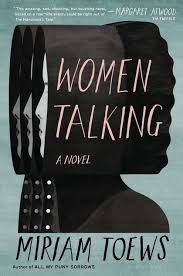
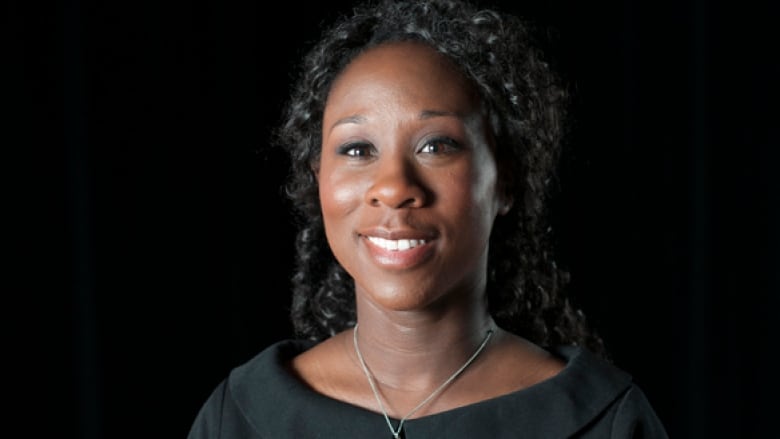


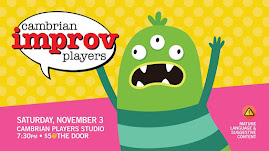



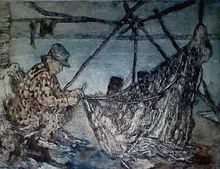

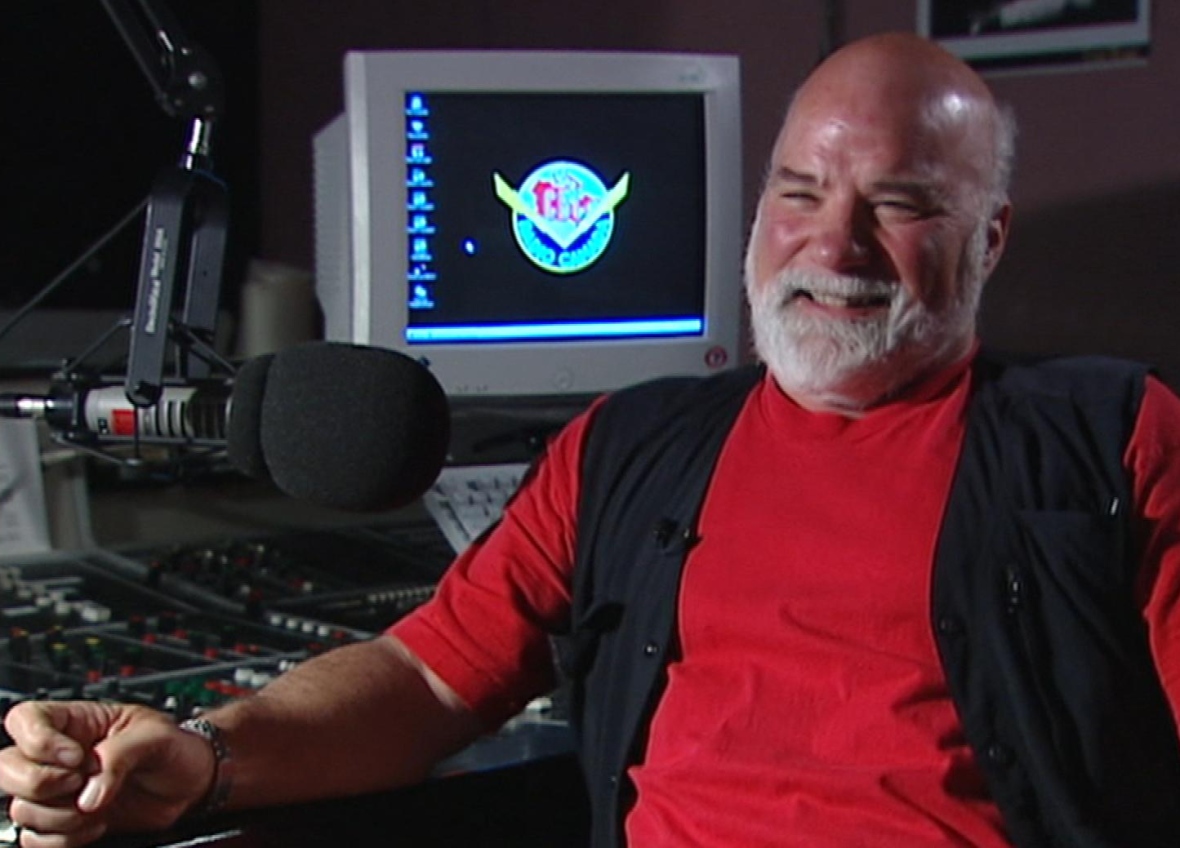
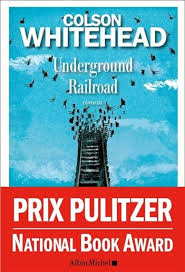

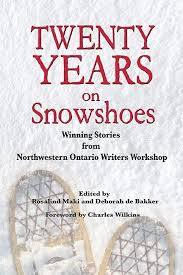








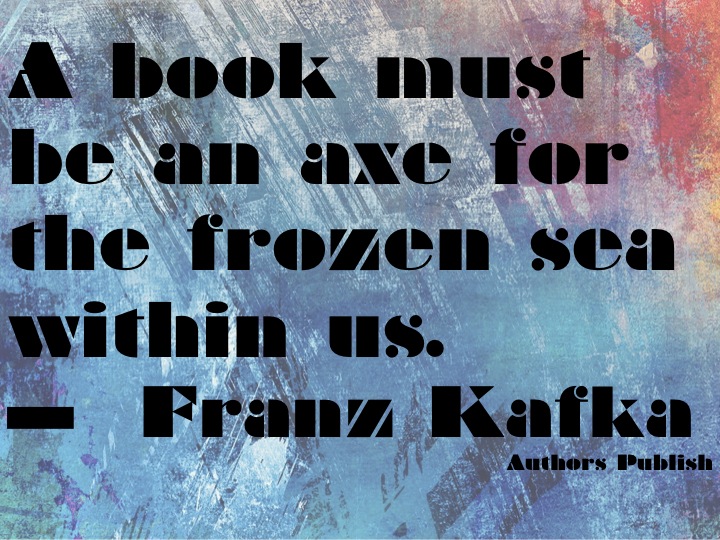



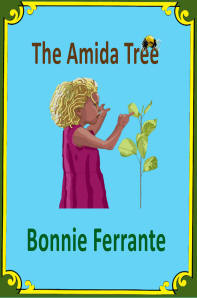
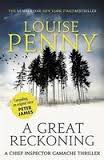





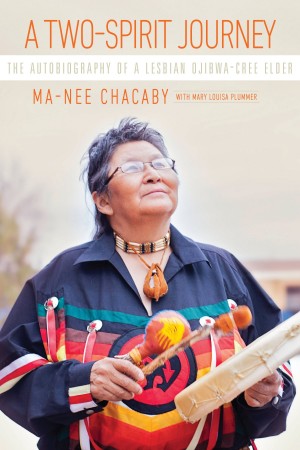
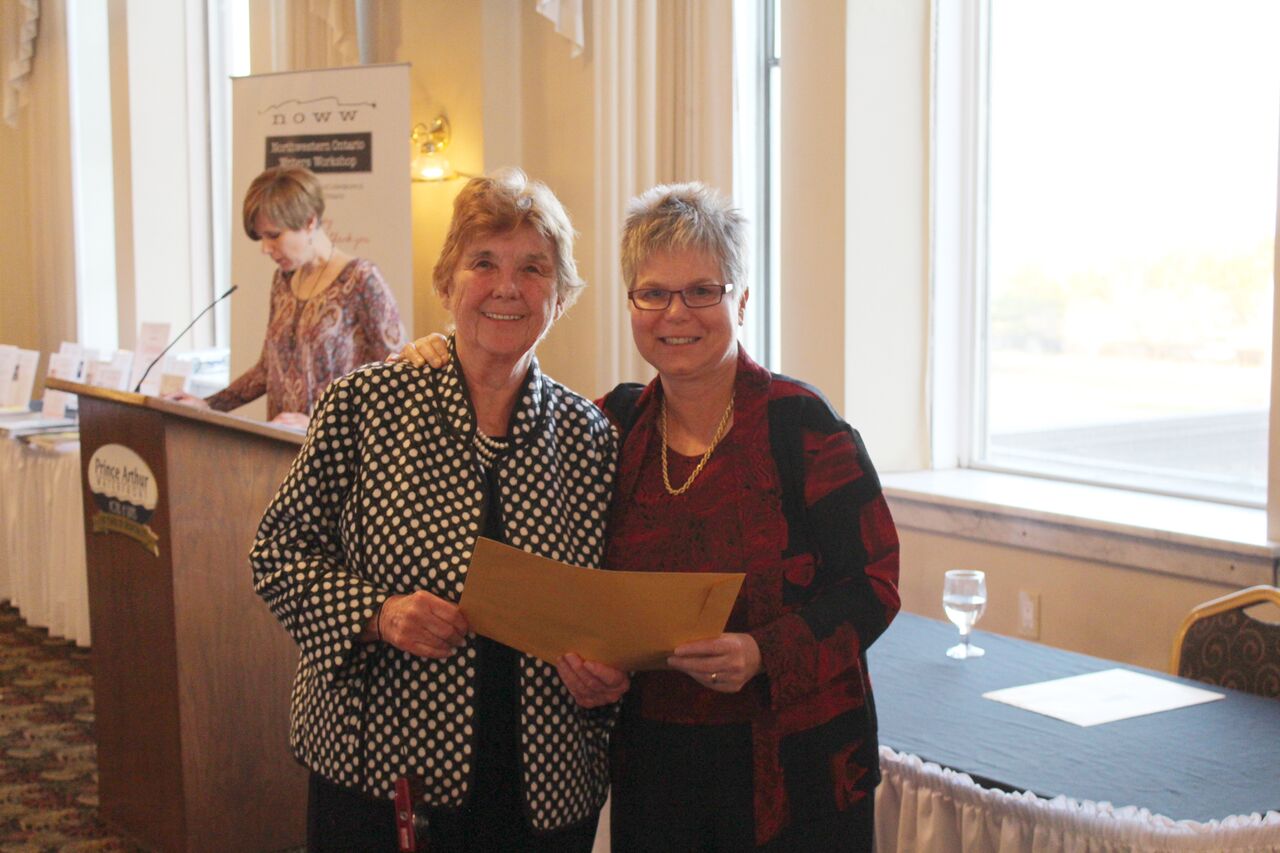








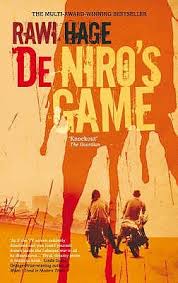

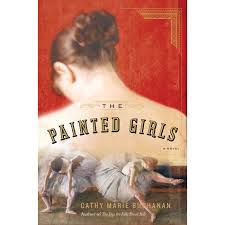





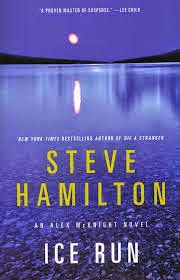
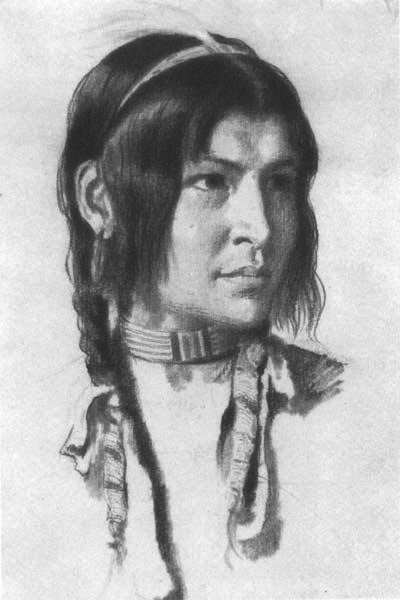


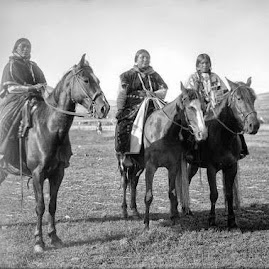
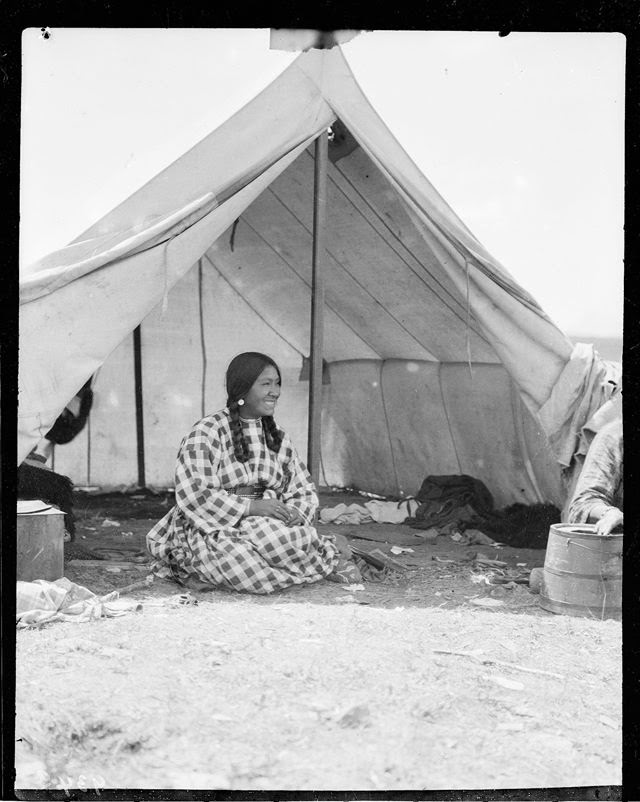
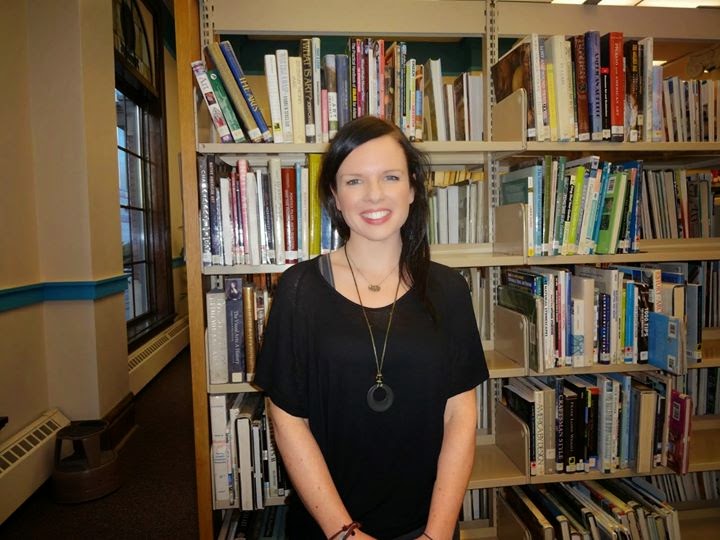
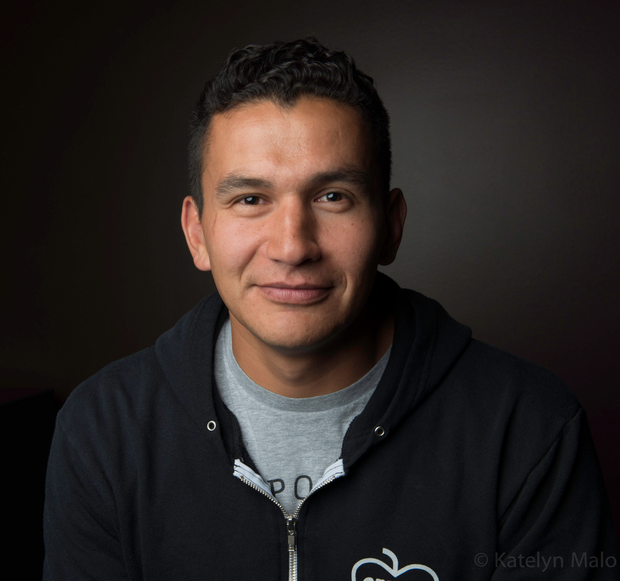





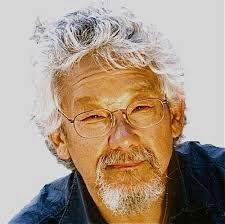







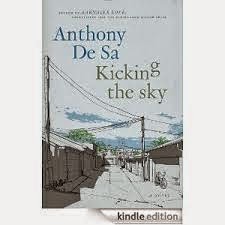









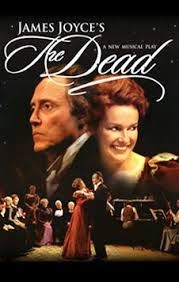

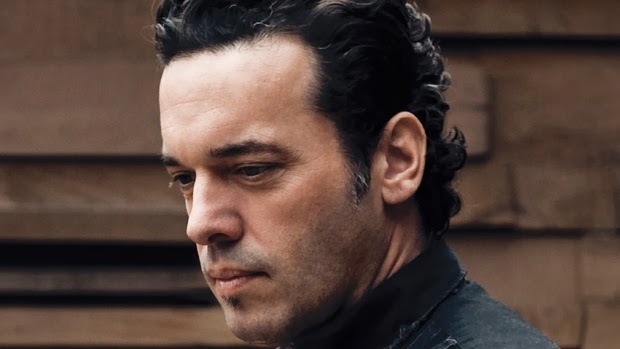
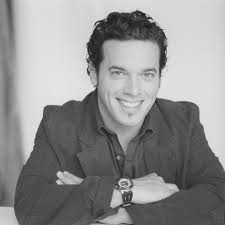
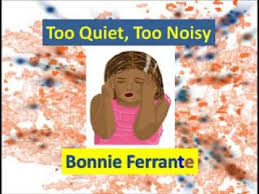







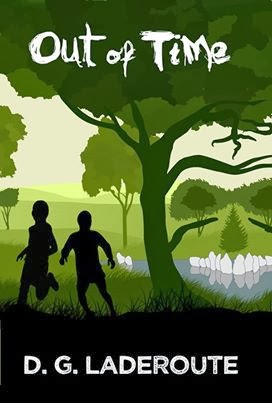
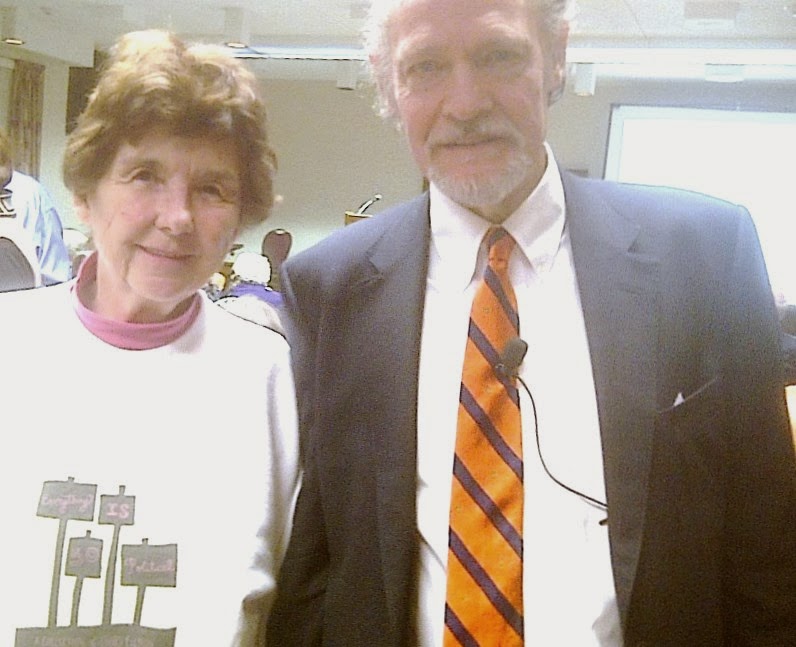















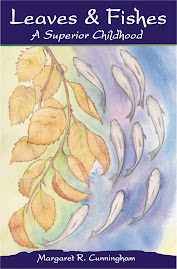
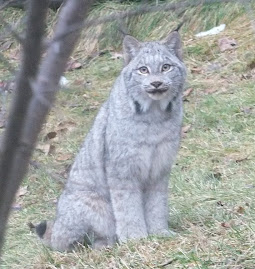
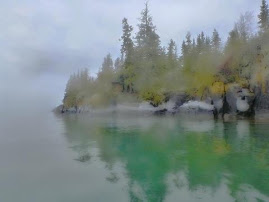
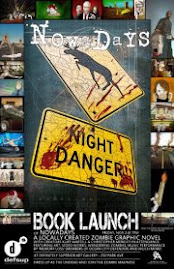








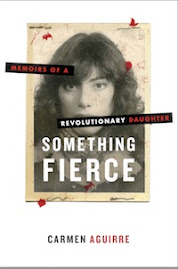

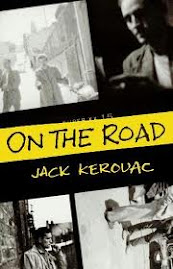

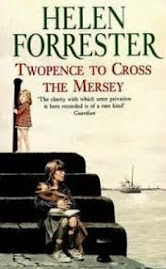
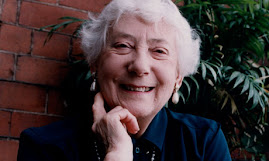



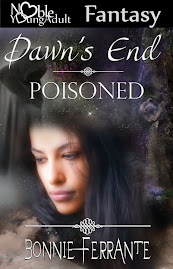

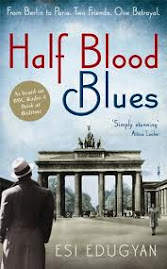
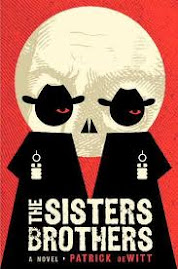
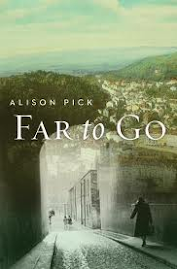

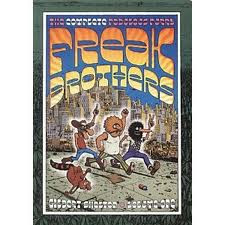
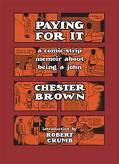

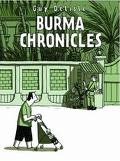




















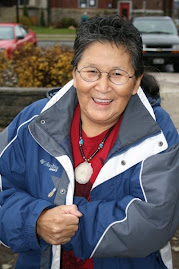












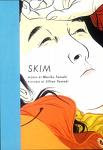
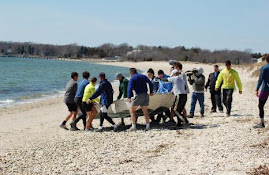



























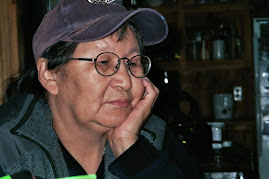




































No comments:
Post a Comment